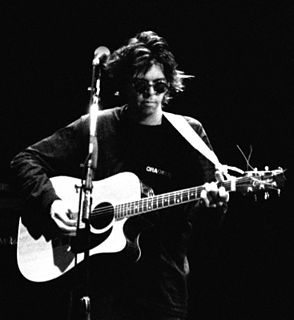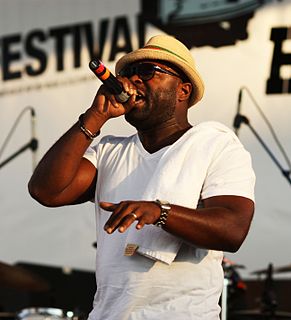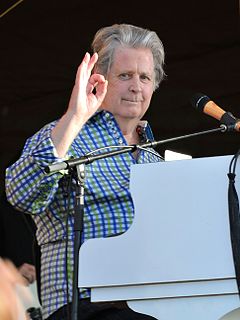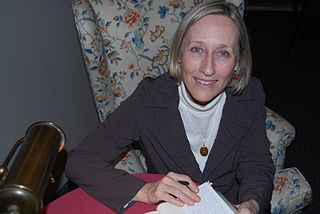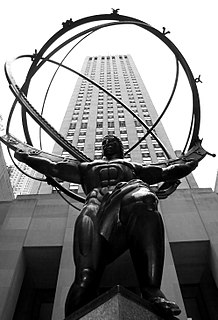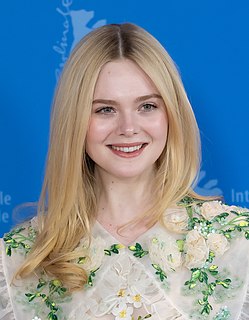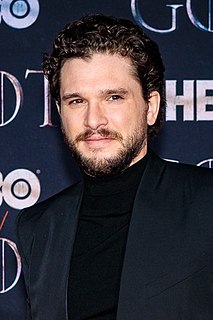A Quote by Ellie Goulding
I've watched and learnt from DJs and remixers and paid way more attention to how I want my voice to sound. Before, as long as it was loud and in tune it was fine. I've discovered the difference made by various microphones and effects, so each track has a different vocal sound, my voice is woven into everything and it's above everything.
Related Quotes
I hate the sound of my own voice. It's just up there, sort of naked and exposed. Live is hard, because on my records, I play almost everything on a lot of stuff. In a live situation, I can't control everything. I use two different microphones. One is just clean, traditional sound, and the other one is basically a cheap cassette-recorder microphone that goes through a distortion box to emulate my voice on the record. That helps some.
In the past, I've written my songs and then asked friends if they could record the vocals. I didn't want to use my own voice, because other people have much better voices. I was hearing the music with a voice that I don't have. It was a case of pulling whatever resources I had to get the sound I wanted, but that doesn't take anything away from the authorship. They are songs written by me that sound the way I want them to sound. Whether it's my voice or someone else's doesn't make a difference to the music.
I collaborated with a brilliant young sound designer named Anthony Mattana, who enriched the sound of the total production with vocal effects, percussive and other sounds. He also mixed the sound effects and the music, using the theater's first rate sound system to complement the theater's acoustics. This completed my score.
The book works better if I know everything I can about the ending. Not just what happens, but how it happens and what the language is; not just the last sentence, but enough of the sentences surrounding that last sentence to know what the tone of voice is. I imagined it as something almost musical. Then you are writing toward something; you know the sound of your voice at the end of the story. That's how you want to sound in those final sentences: the degree that it is uplifting or not, the degree that it is melancholic or not.
The first time we did it [voice-over], I was trying to use my face and my eyes more so and really portray that emotion, and that didn't matter. I realized you have to bring that emotion into the way you sound, and all those different layers have to be in your voice instead of the way you are wrinkling your eyebrows or whatever. I had to learn how to do that.
I'm very interested in vertical space.I want the players to listen to their sound in such a way that they hear the complete sound they make before they make another one. So that means that they hear the tail of the sound. Because of the reverberation, there's always more to the sound than just the sound.
It [my vocal] didn't sound like what I wanted to hear; the vibrato isn't what I liked anymore. So I got myself to an ear, nose and throat guy who does a lot of work with singers, and I was hoping there was a big wart on my vocal cords or something and they could scrape it off and I could have the voice I wanted. But he said, "No, for 71, that's your voice."
When the kirtan is harmonious with so many people, it’s a tumultuous beautiful sound. We can’t hear just one voice during the chorus; or rather we do hear one voice. But that one voice is actually the sound of everyone’s voice in harmony. That’s our offering to God. And why is it so pleasing to the Lord? Because we are all cooperating for a higher purpose. We are all united for the pleasure of the center, for the pleasure of Krishna, in spite of all our differences.
But when you are doing an animated voice, it has to have more energy than usual or it falls flat and doesn't work. For myself, I found that I had to put myself in the same physical or emotional state as Sid, in order to make that voice sound alive and authentic. So if there was a scene in which he was running, I would be running beforehand to sound out of breath. That's important because the audience can tell intuitively if it does not sound real.

